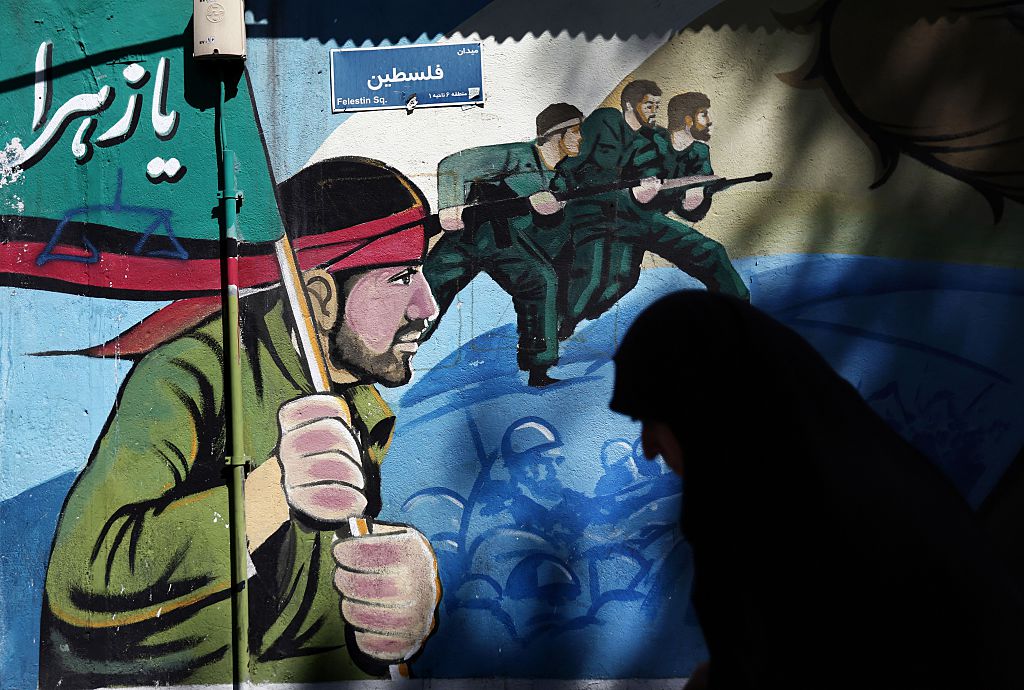After six years of fierce fighting and with hundreds of thousands dead, the Syrian civil war finally appears to be settling down. The country is now divided into various pockets of influence, with Turkish-backed rebels in the north, US-backed Kurdish forces and their allies in the east and the Syrian regime and its Iranian-backed militias in the centre and the capital, Damascus. This now gives Iran, with the influence it already has in Lebanon and Iraq, a sphere of authority stretching from Tehran to the Mediterranean Sea.
The spread of Iranian influence in the region is largely a result of the country’s ability to capitalise on the tumultuous recent history of the Middle East. The last few years of bloodshed have created a vacuum which Iran has willingly filled. In Iraq, the Popular Mobilization Units – a group of mostly Shia militias that are part of the Iraqi government’s forces (and who are trained by Iranian advisers) play a significant role in the war against Isis and in controlling liberated areas.

Britain’s best politics newsletters
You get two free articles each week when you sign up to The Spectator’s emails.
Already a subscriber? Log in






Comments
Join the debate, free for a month
Be part of the conversation with other Spectator readers by getting your first month free.
UNLOCK ACCESS Try a month freeAlready a subscriber? Log in